×
![]()
milo
| Type: | Model Group |
| Submitter: | Tamas Terlaky |
| Description: | The models come from structural design optimization where the objective is to minimize the total weight of 2 and 3 dimensional cantilevers. The 2D examples are simpler, and GuRobi can solve the 40_1 and 58_1 models, while struggles with 75_1. The 3D examples are more challenging. The x_0 and x_1 models are two different modeling of the same identical problems, so their optimal value is the same. The 1_x and 2_x problems are solved by GuRoBi, the 3_x and 4_x are not solved in reasonable time. |
Parent Model Group (milo)
All other model groups below were be compared against this "query" model group.  |
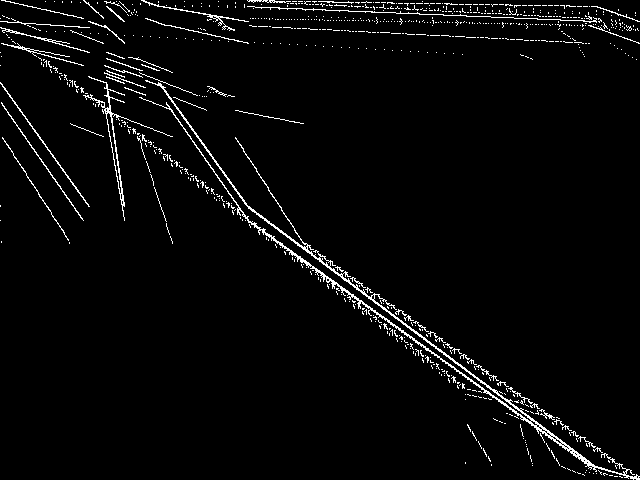 |
|
Model Group Composite (MGC) image
Composite of the decomposed CCM images for every instance in the query model group.
|
Component Instances (Decomposed)
These are the decomposed CCM images for each instance in the query model group.  |
These are component instance images.
|
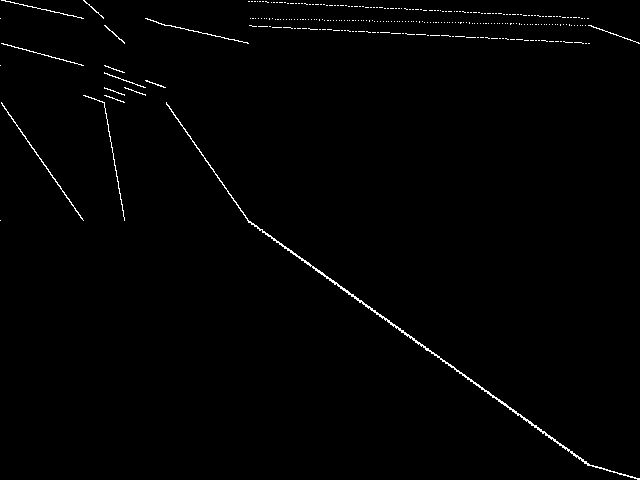 |
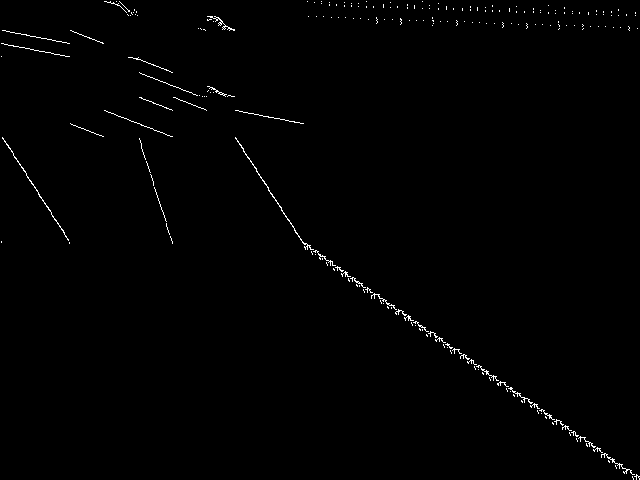 |
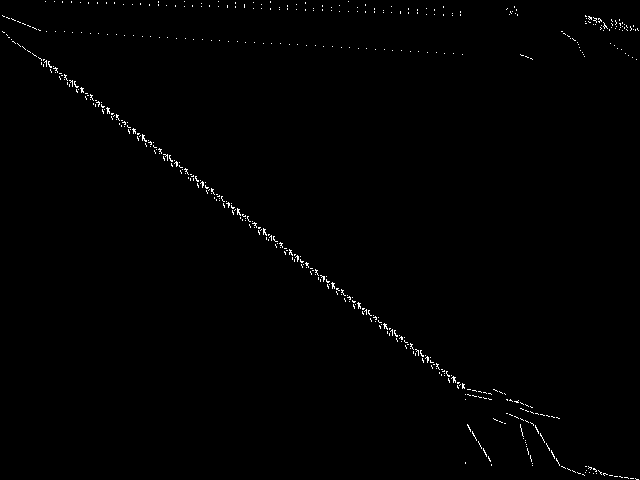 |
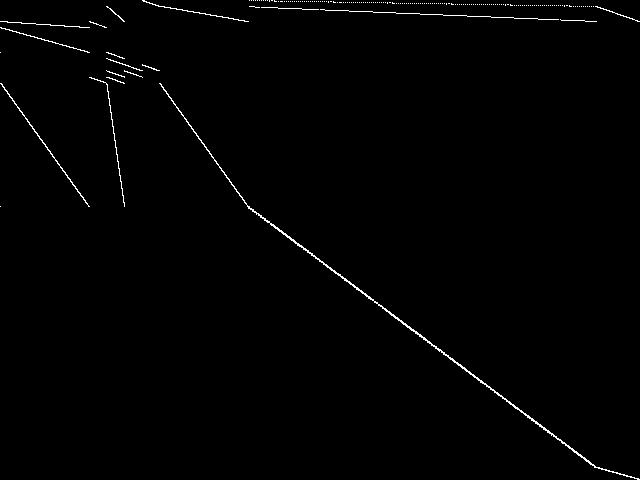 |
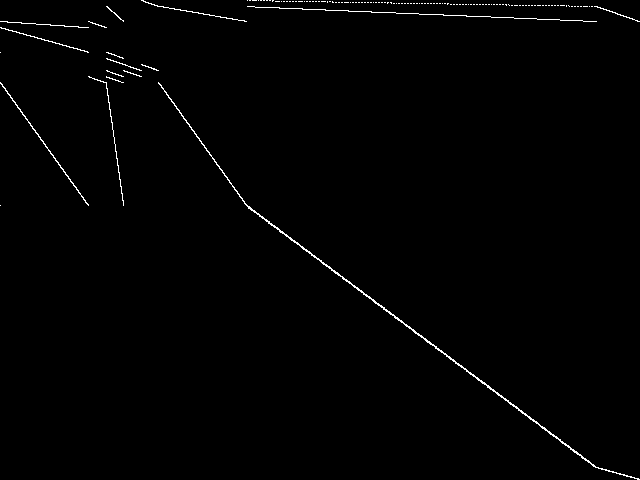 |
| Name | milo-v12-6-r2-40-1 | milo-v13-4-3d-4-0 | milo-v13-4-3d-3-0 | milo-v12-6-r1-58-1 | milo-v12-6-r1-75-1 |
MIC Top 5 Model Groups
These are the 5 MGC images that are most similar to the MGC image for the query model group, according to the ISS metric.  |
FIXME - These are model group composite images.
|
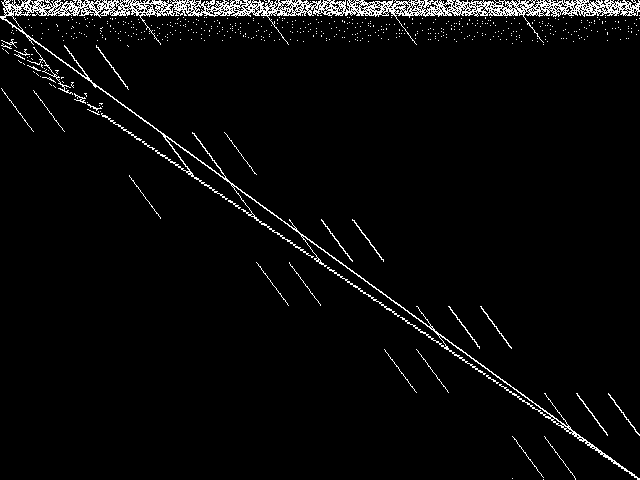 |
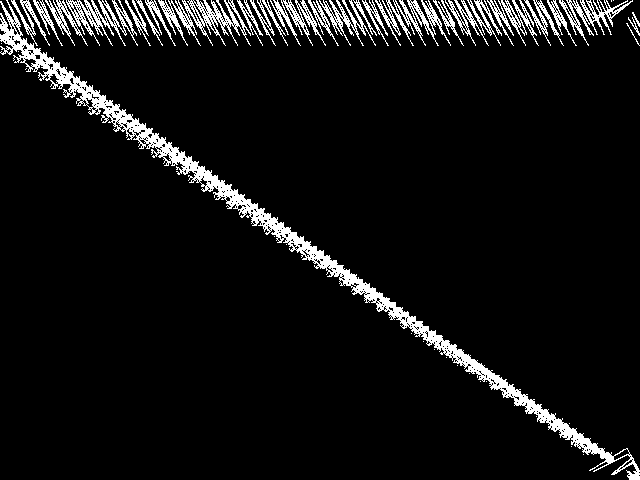 |
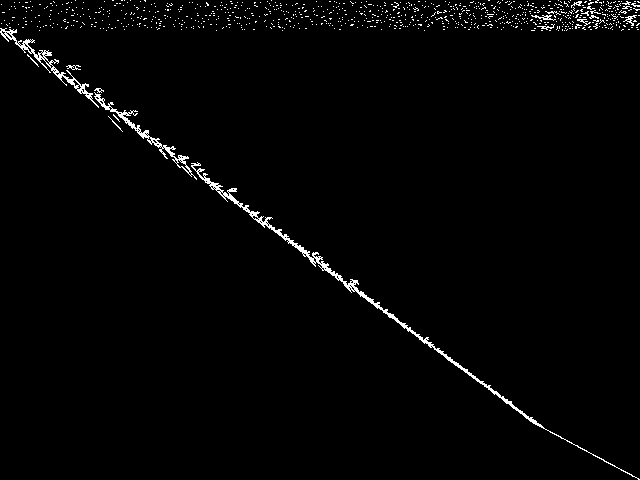 |
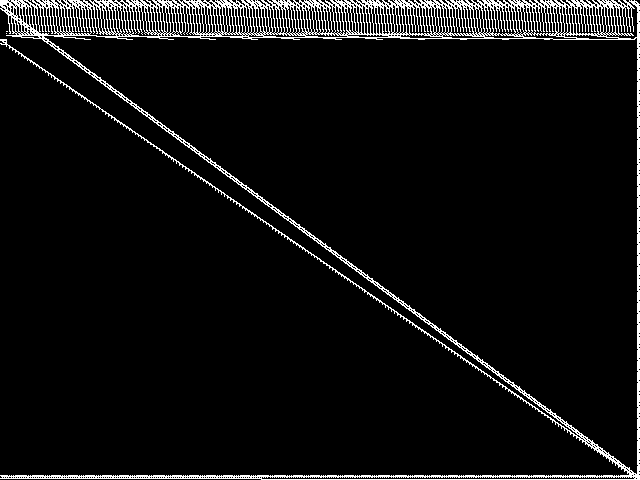 |
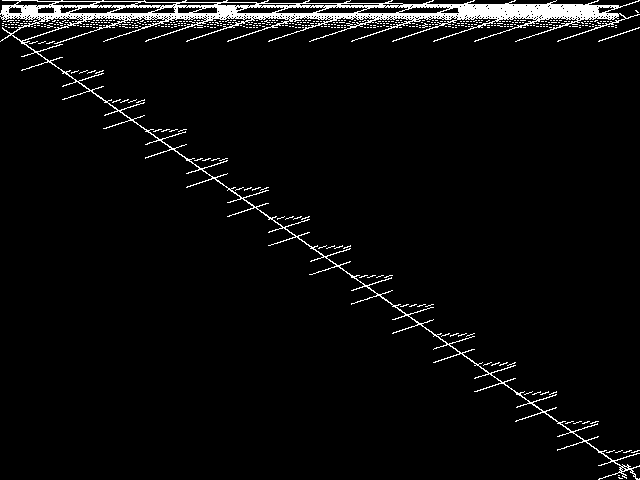 |
| Name | exp_and_fc | nxy-z | beasley | neos-pseudoapplication-75 | neos-pseudoapplication-86 | |
|
Rank / ISS
The image-based structural similarity (ISS) metric measures the Euclidean distance between the image-based feature vectors for the query model group and all other model groups. A smaller ISS value indicates greater similarity.
|
1 / 1.348 | 2 / 1.411 | 3 / 1.488 | 4 / 1.501 | 5 / 1.511 |
Model Group Summary
The table below contains summary information for milo, and for the five most similar model groups to milo according to the MIC.
| MODEL GROUP | SUBMITTER | DESCRIPTION | ISS | RANK | |
|---|---|---|---|---|---|
| Parent Model Group | milo | Tamas Terlaky | The models come from structural design optimization where the objective is to minimize the total weight of 2 and 3 dimensional cantilevers. The 2D examples are simpler, and GuRobi can solve the 40_1 and 58_1 models, while struggles with 75_1. The 3D examples are more challenging. The x_0 and x_1 models are two different modeling of the same identical problems, so their optimal value is the same. The 1_x and 2_x problems are solved by GuRoBi, the 3_x and 4_x are not solved in reasonable time. | 0.000000 | - |
| MIC Top 5 | exp_and_fc | MIPLIB submission pool | Imported from the MIPLIB2010 submissions. | 1.348282 | 1 |
| nxy-z | A. Atamtürk | Capacitated network design problem | 1.410504 | 2 | |
| beasley | F. Ortega, L. Wolsey | Fixed cost network flow problems | 1.487867 | 3 | |
| neos-pseudoapplication-75 | NEOS Server Submission | Imported from the MIPLIB2010 submissions. | 1.500777 | 4 | |
| neos-pseudoapplication-86 | Jeff Linderoth | (None provided) | 1.511119 | 5 |

